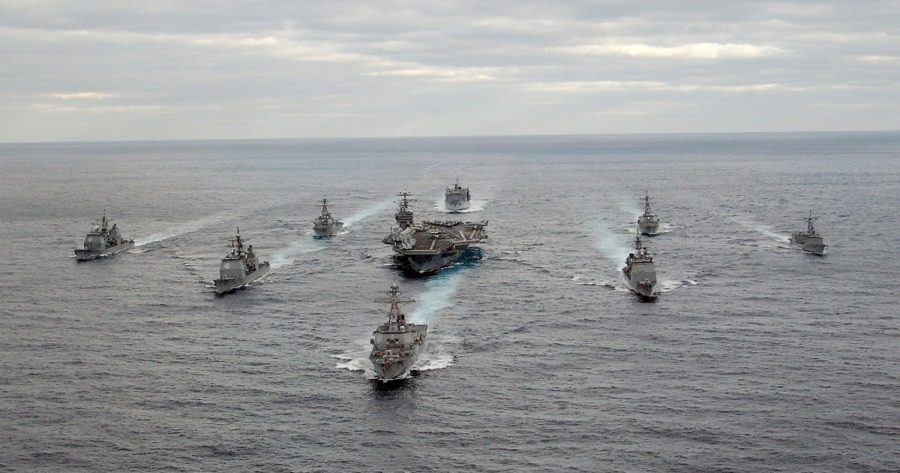The Biden Administration is making decisions causing growing concerns about the United States being pulled into another geopolitical conflict, putting American soldiers in harm’s way. This is particularly alarming because the U.S. has already become deeply entrenched in numerous proxy wars across the globe, including Ukraine, Syria, and its support of Israel through military aid. The extensive deployment of American troops and resources in the Middle East, including two aircraft carriers, the Eisenhower and the Ford, each housing over 5,000 crew members and additional battle groups and support ships, places anywhere from 15,000 to 20,000 American men and women in harm’s way. This is purportedly done to prevent Iran from escalating the war, but many view it as a provocation of war by the United States.
The American people have grown weary of war, but despite this sentiment, the U.S. military budget stands at over $1 trillion, surpassing the combined GDP of most global nations. This paradox arises because the U.S. hesitated to put boots on the ground in conflicts with nuclear-armed nations like Russia but seems more willing to do so in countries lacking that deterrence, such as Iran, Syria, and Lebanon.
The question then arises: what does the U.S. stand to gain from further destabilizing the region? The Middle East is already volatile with numerous ongoing conflicts, and the injection of American troops and resources only adds to the complexity and potential for escalation. Many nations in the Middle East and Africa are decoupling themselves from the United States due to its history of destabilizing regions under the guise of promoting democracy or through the United Nations. These interventions often serve American interests, primarily centered around resource acquisition.
The U.S. has developed a reputation as a nation whose primary economy is war, not peace. Billions of dollars are spent on maintaining multiple aircraft carriers and strike groups in the Middle East, funding proxy wars in Ukraine, and operating hundreds of military bases worldwide. This immense expenditure of resources could be better utilized to address pressing domestic issues such as homelessness, healthcare, education, and reparations for African Americans and Indigenous people. As the world watches, it remains to be seen whether the U.S. will choose a path of de-escalation and diplomacy or continue down the road of military intervention with potentially far-reaching consequences.
Image source: Wikipedia









